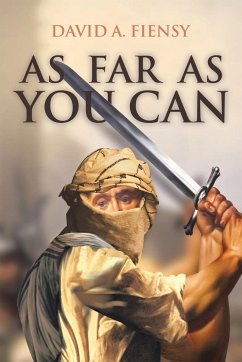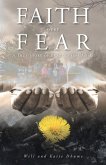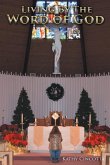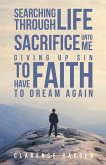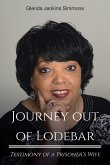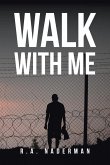David Fiensy has spent the last thirty years publishing twelve volumes, doing archaeological field work, and teaching about first-century-AD Israel-the exotic, fascinating, and violent time period that serves as the background to the study of the New Testament Gospels. Based on this personal history he wrote As Far as You Can. It is a story in the genre of historical fiction containing a murder mystery, a romance, a spiritual quest, and a cultural critique set against the backdrop of the tragic Jewish War against Rome in AD 66-73. The novella is an action story with plot twists and a surprise ending. But the overarching question is the one asked by so many believers and nonbelievers today: how do I know God is at work in a world so full of evil? All of us have had times when we felt God did not notice us.
Hinweis: Dieser Artikel kann nur an eine deutsche Lieferadresse ausgeliefert werden.
Hinweis: Dieser Artikel kann nur an eine deutsche Lieferadresse ausgeliefert werden.

